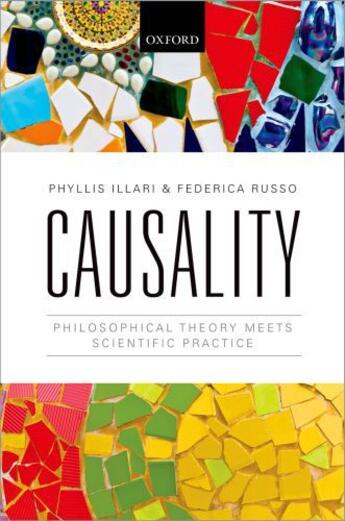Des idées de lecture pour ce début d'année !
Passionné(e) de lecture ? Inscrivez-vous
gratuitement ou connectez-vous pour rejoindre la
communauté et bénéficier de toutes les fonctionnalités du site !

Head hits cause brain damage - but not always. Should we ban sport to protect athletes? Exposure to electromagnetic fields is strongly associated with cancer development - does that mean exposure causes cancer? Should we encourage old fashioned communication instead of mobile phones to reduce cancer rates? According to popular wisdom, the Mediterranean diet keeps you healthy. Is this belief scientifically sound? Should public health bodies encourage consumption of fresh fruit and vegetables? Severe financial constraints on research and public policy, media pressure, and public anxiety make such questions of immense current concern not just to philosophers but to scientists, governments, public bodies, and the general public.
In the last decade there has been an explosion of theorizing about causality in philosophy, and also in the sciences. This literature is both fascinating and important, but it is involved and highly technical. This makes it inaccessible to many who would like to use it, philosophers and scientists alike.
This book is an introduction to philosophy of causality - one that is highly accessible: to scientists unacquainted with philosophy, to philosophers unacquainted with science, and to anyone else lost in the labyrinth of philosophical theories of causality. It presents key philosophical accounts, concepts and methods, using examples from the sciences to show how to apply philosophical debates to scientific problems.
Il n'y a pas encore de discussion sur ce livre
Soyez le premier à en lancer une !

Des idées de lecture pour ce début d'année !

Si certaines sont impressionnantes et effrayantes, d'autres sont drôles et rassurantes !

A gagner : la BD jeunesse adaptée du classique de Mary Shelley !

Caraïbes, 1492. "Ce sont ceux qui ont posé le pied sur ces terres qui ont amené la barbarie, la torture, la cruauté, la destruction des lieux, la mort..."